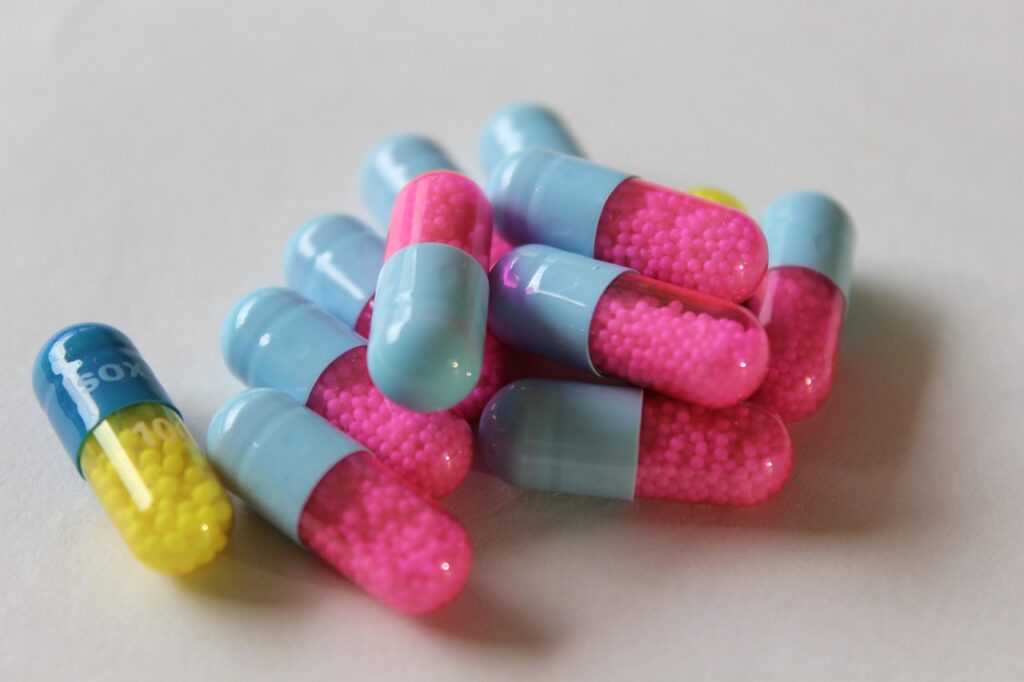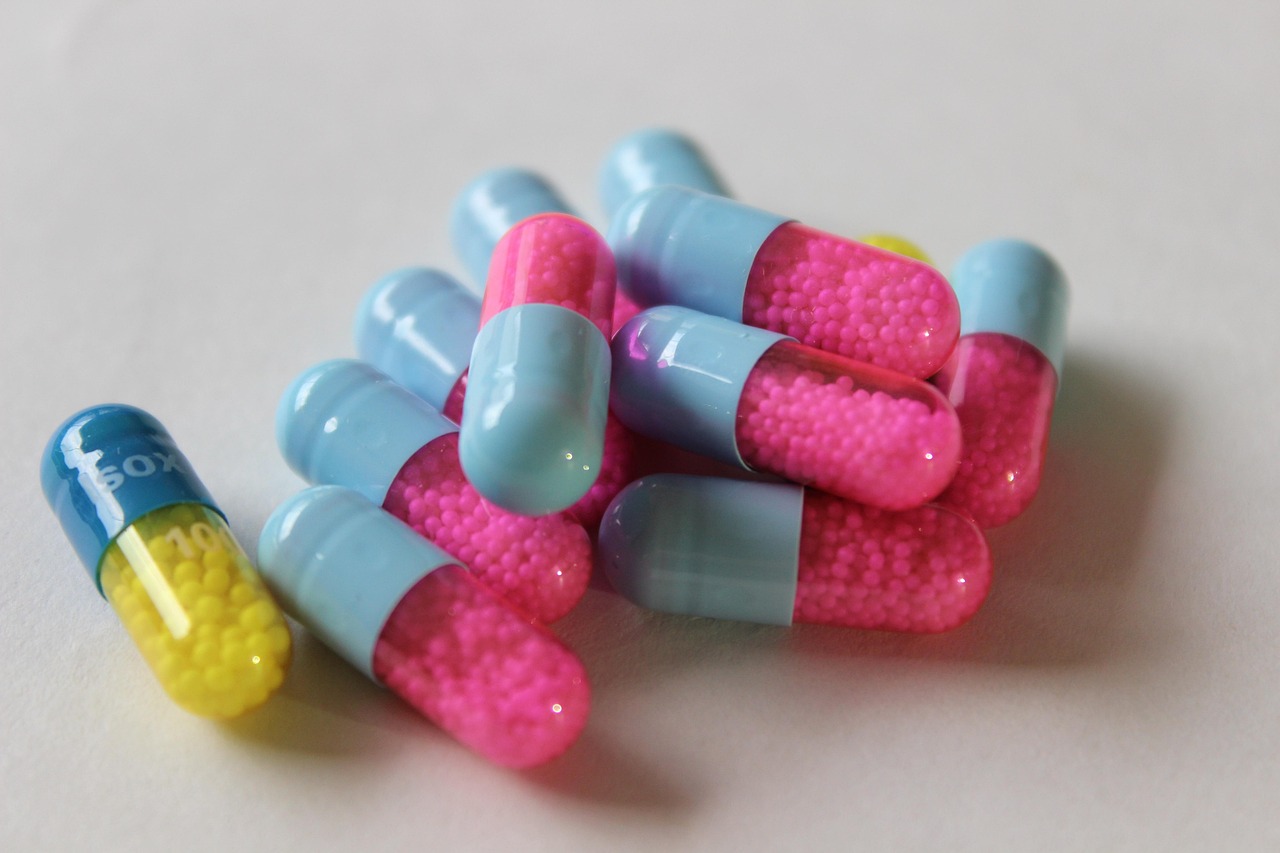Introduction
High blood pressure, also known as hypertension, is one of the most common health problems worldwide. It increases the risk of heart attack, stroke, and kidney disease — but with the right lifestyle changes, you can control it naturally without depending only on medication.
1. Eat a Heart-Healthy Diet
What you eat has a direct effect on your blood pressure.
- Reduce salt (sodium): Too much salt causes the body to retain water, which raises blood pressure.
- Eat more potassium: Bananas, oranges, and spinach help balance sodium levels.
- Add whole foods: Choose fruits, vegetables, and whole grains instead of processed meals.
A balanced diet like the DASH (Dietary Approaches to Stop Hypertension) plan is proven to lower blood pressure naturally.

2. Maintain a Healthy Weight
Even a small amount of weight loss can have a big impact on your blood pressure.
Aim for a Body Mass Index (BMI) between 18.5 and 24.9.
Focus on gradual weight loss through proper diet and regular physical activity — not crash diets.
3. Exercise Regularly
Regular physical activity strengthens the heart and allows it to pump blood more efficiently.
Try to get 30 minutes of moderate exercise most days — walking, cycling, or swimming are excellent choices.
Consistency is more important than intensity.
4. Limit Alcohol and Quit Smoking
Both alcohol and smoking can raise blood pressure.
If you drink, do so in moderation — no more than one drink per day for women and two for men.
Quitting smoking improves heart and lung health within weeks.
5. Reduce Stress
Chronic stress keeps your blood pressure elevated for long periods.
To manage stress, try deep breathing, yoga, or mindfulness meditation.
Even short breaks or listening to calming music can lower stress levels and improve blood flow.
6. Get Enough Sleep
Poor sleep can increase the risk of hypertension.
Try to sleep 7–8 hours each night, and maintain a regular sleep schedule.
Avoid caffeine, screens, and heavy meals before bedtime for better rest.
7. Monitor Blood Pressure Regularly
Checking your blood pressure at home helps track your progress and detect early warning signs.
Keep a record and share it with your doctor during routine checkups.
Conclusion
High blood pressure can often be managed naturally through a healthy lifestyle.
Eat nutritious foods, stay active, rest well, and avoid harmful habits.
Small, consistent steps today can prevent serious health problems tomorrow and keep your heart strong for years to come.
